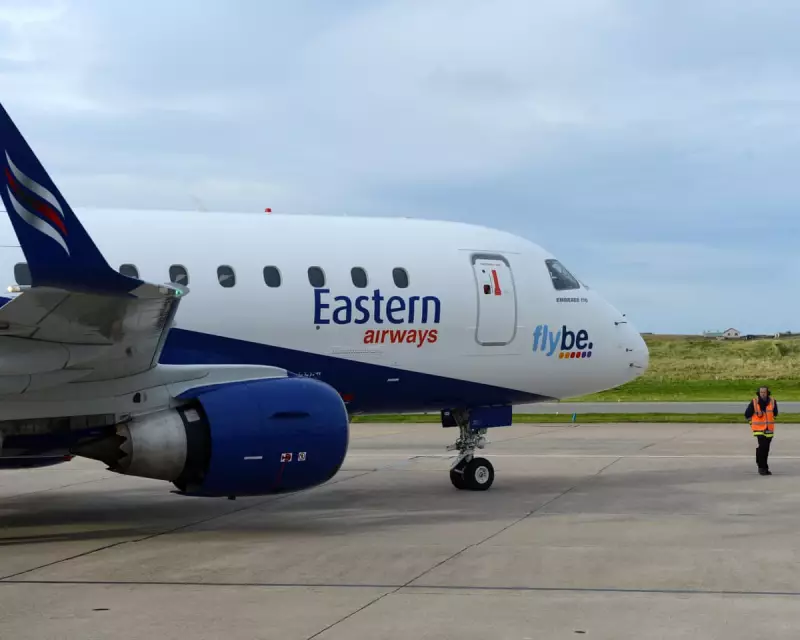
In a dramatic development that has sent shockwaves through the UK aviation industry, Eastern Airways has suspended all operations with immediate effect. The regional carrier, which served numerous domestic routes across Britain, has grounded its entire fleet and cancelled all scheduled flights.
Passengers Left Stranded as Flights Vanish
Travellers arriving at airports across the UK were met with devastating news as all Eastern Airways services were abruptly cancelled. The airline's website now displays a stark message confirming the suspension of operations, offering little comfort to those with immediate travel plans.
Critical routes connecting regional hubs like Southampton, Teesside, and Aberdeen have been severed overnight, leaving business travellers and holidaymakers scrambling for alternatives. The timing couldn't be worse for many passengers who booked flights for half-term travel.
What This Means for the UK Aviation Landscape
The collapse of Eastern Airways represents another blow to Britain's regional connectivity, following similar struggles across the aviation sector. The airline had been a vital link for many communities, providing essential connections to larger hubs and international gateways.
Industry analysts point to several factors that may have contributed to the airline's sudden demise:
- Soaring fuel costs putting pressure on regional operators
- Post-pandemic recovery challenges affecting passenger numbers
- Intense competition from larger carriers and rail alternatives
- Economic pressures reducing business travel demand
Passenger Rights and Next Steps
Affected passengers are advised to contact their travel insurers or credit card companies regarding refunds for cancelled flights. Those who booked through third-party agents should reach out to them directly for rebooking options on alternative carriers.
The Civil Aviation Authority has been notified of the situation, though official guidance for passengers is still emerging. Travel experts recommend keeping all booking documentation and monitoring official channels for updates.
This development raises serious questions about the stability of regional air travel in Britain and what measures might be necessary to protect essential connectivity for communities across the nation.





